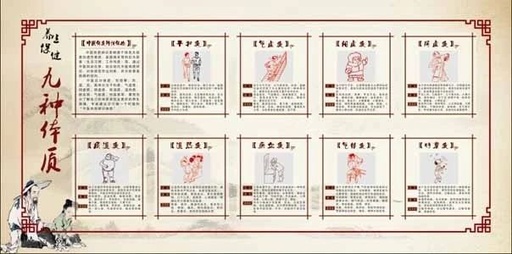In the current battle against the COVID-19 pandemic, Traditional Chinese Medicine (TCM) has played an important role. The essence of TCM over thousands of years lies in the personalized strategies based on the principles of Yin and Yang. Among these, the classification of the nine major constitutions is one of the key components. To assist our elderly colleagues in understanding and implementing targeted health care, we have compiled relevant materials and will publish them in two installments, hoping to benefit your home protection efforts.
The constitution of Chinese people is mainly divided into the balanced constitution and eight types of偏颇体质 (pian po ti zhi) (unbalanced constitutions): Yin deficiency (Yin xu), Yang deficiency (Yang xu), Qi deficiency (Qi xu), Qi stagnation (Qi yu), Phlegm-dampness (Tan shi), Damp-heat (Shi re), Blood stasis (Xue yu), and Special constitution (Te bing ti zhi). Statistics show that the relatively healthy balanced constitution accounts for only 32.75%, while the other eight unbalanced constitutions account for 67.25%.
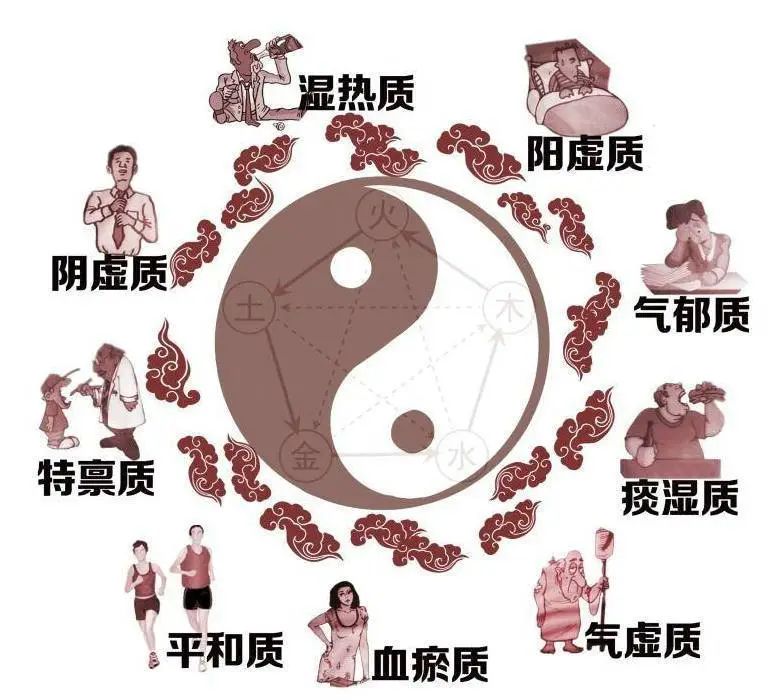
1. Yang Deficiency Constitution (Cold-sensitive Type)
Proportion of the population: 7.9%. More common in women; characterized by soft muscles, introverted and calm personality; often feels cold in hands and feet, and avoids cold foods. It is essential to focus on “preventing cold and keeping warm”; even in hot summer, one should not stay too long in air-conditioned rooms.
Tendency to illness: Edema, diarrhea, etc.

2. Yin Deficiency Constitution (Water-deficient Type)
Proportion of the population: 8.89%. More common in young people; characterized by a slender physique, often feels heat in hands and feet, flushed cheeks, dry skin, dry mouth, prone to insomnia, and often has dry stools; impatient and extroverted personality. This group should ensure adequate water intake and take afternoon naps, avoiding staying up late.
Tendency to illness: Prone to cough, dry syndrome, hyperthyroidism, etc.
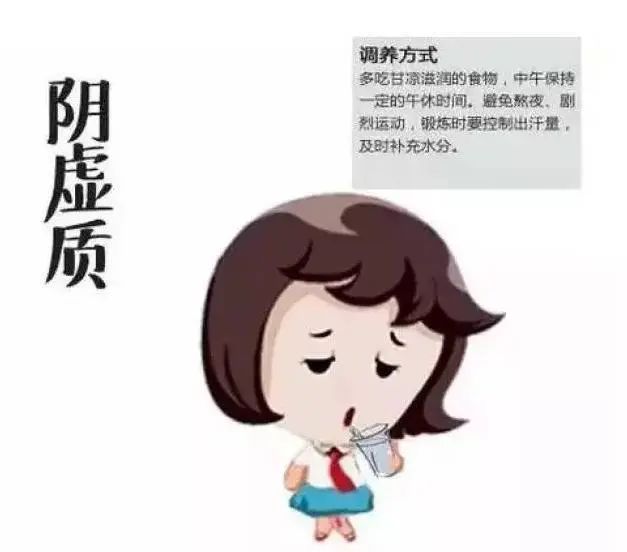
3. Qi Deficiency Constitution (Shortness of Breath Type)
Proportion of the population: 12.71%. More common in the western and northeastern regions; characterized by soft muscles, low voice, often experiences spontaneous sweating, shortness of breath, frequent fatigue, introverted personality, unstable emotions, and timid nature. It is recommended to consume foods that tonify Qi and strengthen the spleen, while avoiding Qi-depleting foods like hollow vegetables and raw radishes.
Tendency to illness: Weak resistance, prone to colds, and gastric ptosis, etc.
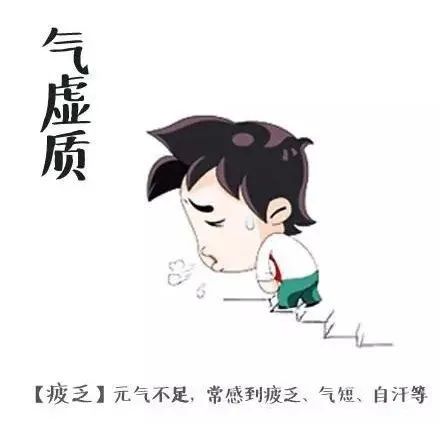
4. Qi Stagnation Constitution (Depressed Type)
Proportion of the population: 8.73%. More common in young people and women with a sensitive disposition; characterized by a slender physique; often sentimental, melancholic, and fragile, frequently feeling down and sighing for no reason; prone to palpitations and insomnia. It is recommended to increase outdoor activities to alleviate self-isolation.
Tendency to illness: Insomnia, depression, neurosis, etc.
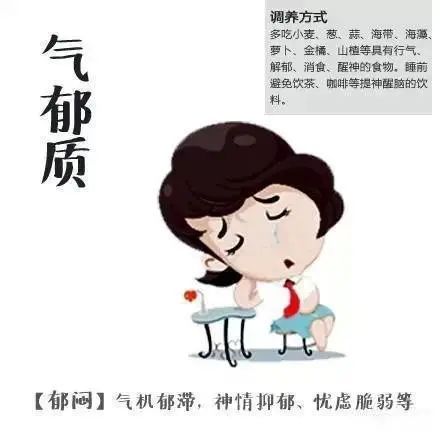
(To be continued)
Innate endowments vary in strength, dietary tastes differ, geographical locations have disparities, and temperaments vary, leading to differences in constitution. We hope that our esteemed leaders and colleagues can identify their constitutional characteristics and find effective methods for disease prevention and health promotion. Wishing you happiness and health!
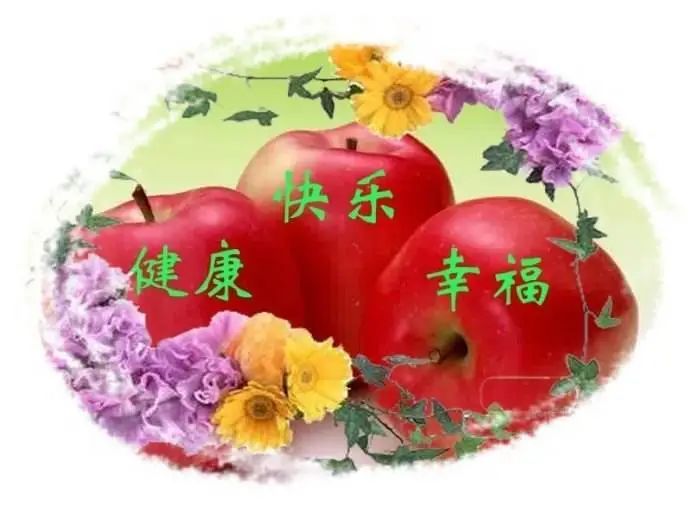
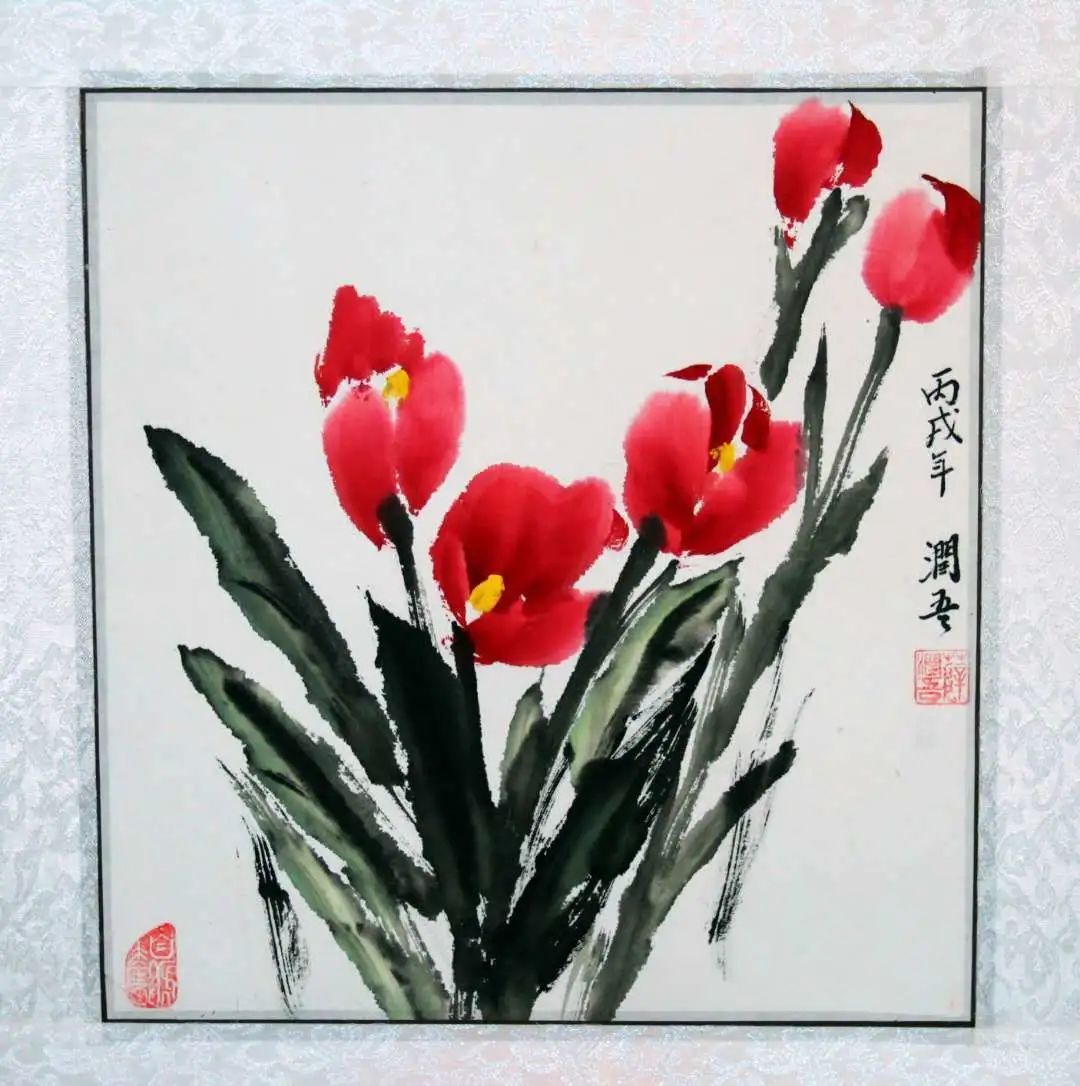
Ministry of Foreign Affairs Retired Cadres Bureau
Contributed by
Old Diplomats’ Home
WeChat ID: Mfa_lgj

 Long press to identify the QR code to follow us.
Long press to identify the QR code to follow us.

